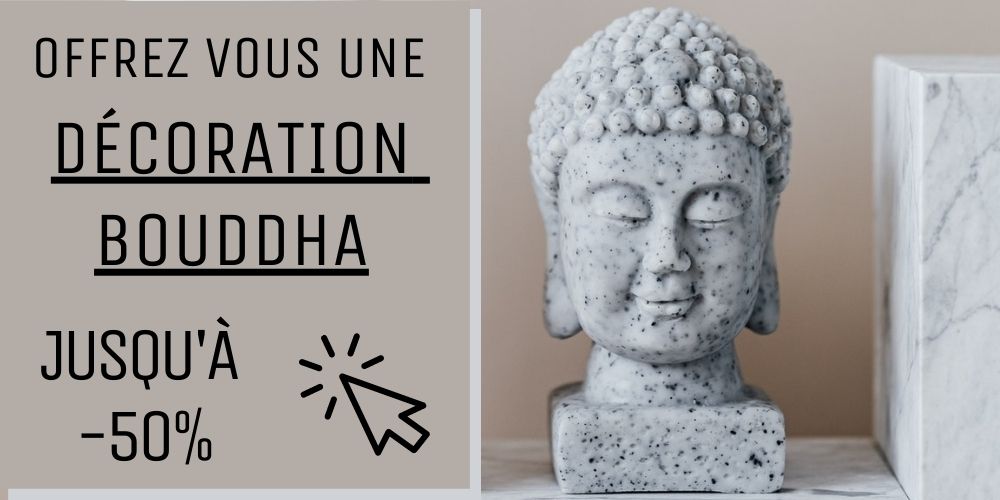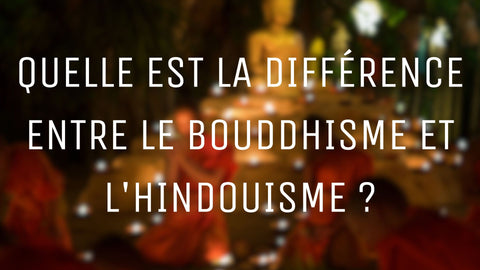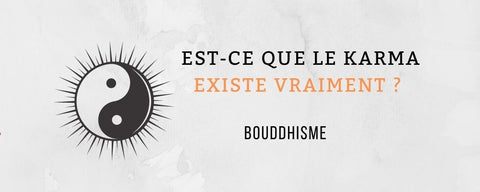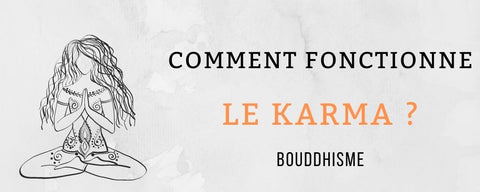
Buddhist philosophy
of reading
The principles of Buddhist philosophy
The Buddhist idea emphasizes the overflow and unconditional acceptance of our emotions. Can she heal us from our neuroses? An investigation is needed.
Florence, 51, said after hearing a speech from the Dalai Lama: "Buddhism helped me accept death and nihilism. Thanks to him, I live more fully every moment, without fearing the future. C ' is an excellent lesson of discernment than to embrace old age, illness, and just live in the present. "
How many of the six hundred thousand self-proclaimed Buddhists in France think that this "Faith" - distant, non-violent and non-dogmatic - could be a powerful therapy?
Universal suffering
The link between Buddhism and psychoanalysis is not new. Since the 1950s, Anglo-Saxon psychologists and psychoanalysts as the American Erich From and the British Nina Coltart have tried to seize the fundamental lessons of this eastern philosophy. The "four noble truths" of the Buddha argue that suffering is universal.
"Spiritual wisdom is not a new idea," Note Fabrice Midal, philosopher and Buddhist teacher. "It is not a question of comparing two theories, but rather to confront two speeches applicable to man prey to what Freud called the" malaise of civilization ", according to Fabrice Midal, philosopher and Buddhist. It is by This open consciousness, without judgment, that Buddhism strives to improve our existence. "
Marie-France, 54, became Buddhist after being tormented by a serious depression following the death of his mother: "Meditation allowed me to understand that she had done everything she could. C ' is thanks to meditation, which allows us to perceive the upheaval that we live and extinguish our inner movie by seeing us there, breathable in the present. "

Look inside
As Sayadaw u Pandita said, "we have all the answers in ourselves, if we can simply understand how to look for them" We are our own allies in change.
The ideal follower of the Dharma - the general laws that govern the order of beings and things - is supposed to become aware of what irritates it by meditations during which he lets pass his emotions without lingering. In psychotherapy, the patient does nothing else: he focuses on his feelings. He tries to understand why they occurred in his past and what reactives them instead of passing them.
As a result, meditation and analytical cure are linked in the listening of what comes without a priori. Martin, Buddhist for seven years, explains: "It took me many years of practice before meditation do not really open myself.
It allows me to focus on the things that are the most important for me right now, it teaches me to let go and release my emotions, and it refocus me in the true sense of the term, put me in a good mood. Therefore, it restores my connection with the outside world.

Understanding and landing
"I was abandoned at birth, adopted by a family, then recovered by the DDASS before being adopted a second time by a very caring family", note Carine, mother of three children.
In adulthood, I suffered from a terrible agony. I felt obliged to visit a Buddhist temple, because all I wanted was silence and meditation. Obviously, it is psychotherapy that helped me manage my traumatic story.
When you are in agony, you can not sit and meditate. My psychotherapy taught me my personal experience. However, it was by the Buddhism that I could reach this level of "let go
"I will stop psychotherapy when I go better, but I will continue to practice Buddhism. But even if I will continue to practice Buddhism: Accept my humanity is the work of a lifetime."
A meeting that involuntarily follows the orientations of the American philosopher and psychologist John Welwood (for a psychology of awakening, the round table), halfway between spirituality and therapeutic treatment. He promotes a "psychology of awakening" that mixes Buddhism and therapy. According to him, the therapeutic process can sometimes be too rigid, so it is necessary to soften itself in a vision of the world characterized by a deep spirituality. To meditate.

Cure with Buddhism
Is not Zen Buddhism just another article of "personal development" on the shelf? It is not so simple. I do not think there is a clear break between what some Westerners are looking for and what Buddhism has to offer. According to Frédéric Lenoir, philosopher and sociologist of religions (author of the Buddhism and West meeting, Albin Michel), "What is Zen Buddhism to offer?"
The most opposite ideology to which Buddhism faces today is the personal development, to which our contemporary society invites us to reach affirmations such as "Do you realize, free your creativity ...". For the ultimate goal of Buddhism is the detachment, the absence of desire. So why not use a meditation cushion, incense or a Buddha statue as an inner expiation form?
Let's not talk about Buddhism, and do not talk about psychotherapy in action: "The purpose of psychotherapy is to help people change the affirmation" I suffer "in" I'm fine ", according to Christophe Fauré, psychiatrist and Practicing Buddhist. The purpose of Buddhism is to repel suffering by forcing us to question our existence. According to the Buddhist rules, the idea that there is a "I" real but false is a source of suffering. This is a question for which there is no easy answer. It has nothing to do with the therapy; It's a metaphysical enigma. "
The secret of happiness is to learn to handle its emotions and to lead a successful life. According to the theory that brain waves stop when the soul goes away, Buddhists think that their souls temporarily leave their body during their sleep. This phenomenon was observed well before the birth of Christianity in 600 BC; In various historical documents are references to an Indian king named Asoka who discovered that his soul was leaving his body during meditation and traveled in space.
Meditation
Most Westerners who are attracted to meditation because they believe that it is a type of relaxation technique underestimate the risks they encourage if they treat their melancholy with the lotus posture.
According to Dr. Jean-Pierre Schnetzler, Kyabde Kalu Rinpoché Buddhist Disciple (1904-1989), an incorrect use of meditation can have important consequences: "We can desire meditate for many bad reasons, which will divert the process of meditation. in his favour.
A sweet and introverting individual will cultivate a carefully protected me of others. Another hard-walking idealist can discover the opportunity to repress his pulsions and to win a severe asceticism, while keeping an excellent consciousness.
This form of "Zen disease" is not unusual, hence the need for a vigilant master. A narcissistic subject will flourish in the grandiose culture of its characteristics and develop an arrogance of selfish personality difficult to support for others. This kind of "Zen disease" is not rare, hence the need for a vigilant instructor. "





















